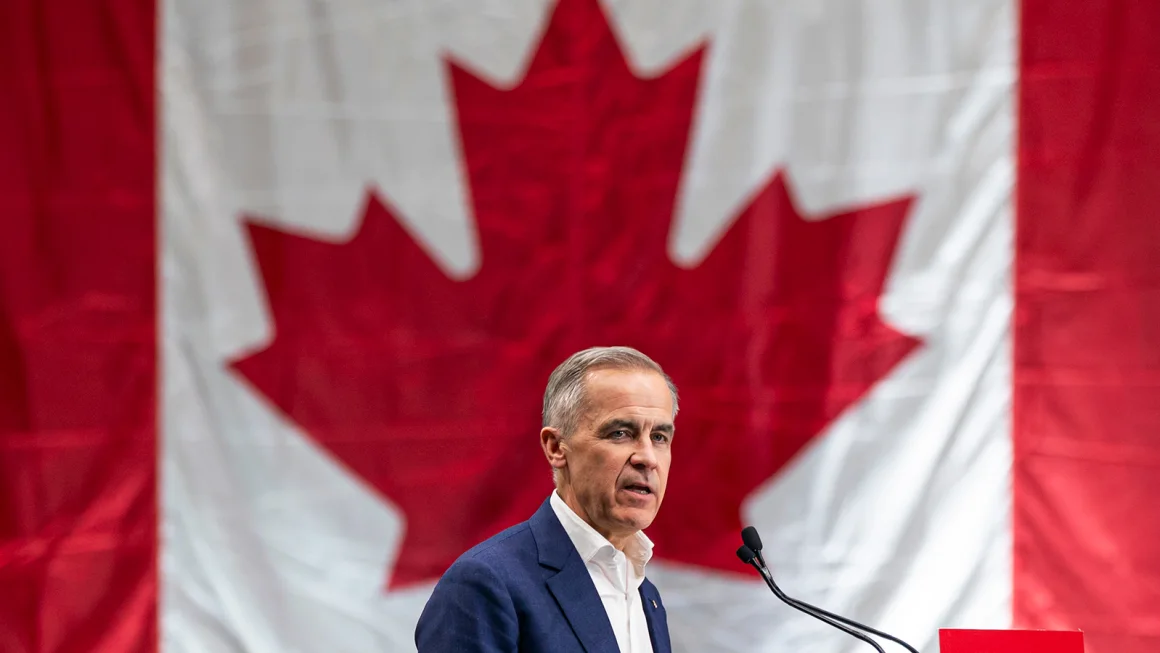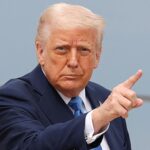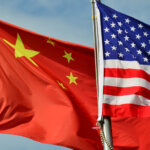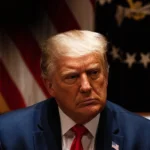Canada’s newly elected Prime Minister Mark Carney declared early Tuesday that his country would “never” yield to U.S. pressure, signaling a bold new chapter in Canada–U.S. relations following a federal election dominated by tensions with President Donald Trump.
The election, which returned the Liberal Party to power for a fourth consecutive term, has reshaped political dynamics in Canada. Although it remains uncertain whether Carney has secured a majority, his victory has been widely interpreted as a mandate to confront growing threats from the United States, including aggressive trade tariffs and controversial annexation rhetoric from Trump.
Why Did Carney’s Win Make Headlines?
Carney, a former central banker with no prior political office, stepped into the leadership vacuum left by Justin Trudeau’s resignation amid plummeting polls and cabinet unrest. However, the race was upended by external forces — chiefly, President Trump’s decision to impose steep tariffs on Canadian exports and his remarks suggesting Canada could become “the 51st state.”
Carney issued a strong rebuke to the U.S. president in his victory speech.
“As I have been warning for months, America wants our land, our resources, our water, our country. But these are not idle threats. President Trump is trying to break us so that America can own us,” Carney said. “That will never ever happen.”
Throughout the campaign, Carney built support by positioning himself as a defender of Canadian sovereignty. His platform focused on economic independence and national unity — themes he returned to on election night.
“We are over the shock of the American betrayal but we should never forget the lessons. We have to look out for ourselves. And above all we have to take care of each other,” he said.
What Kind of Government Will Carney Lead?
Early projections vary on whether the Liberals secured a majority. CTV forecasts a minority government, while CBC says it’s too early to make a call. Conservative leader Pierre Poilievre conceded defeat and acknowledged Carney had likely won a “razor thin minority government.”
What Role Did the U.S. Play in This Election?
Trump’s escalating trade war with Canada significantly influenced the election outcome. His tariffs — including a 25% duty on steel, aluminum, automobiles, and lumber — have sparked economic anxiety across Canada, forcing many voters to see the race as a referendum on national resilience.
Carney has been a vocal critic of these moves, warning Canadians of economic turbulence ahead and vowing to reduce reliance on the U.S.
“Build things in this country again,” he pledged. That includes new homes, factories, and domestic energy projects — both clean and conventional.
Despite the friction, Carney hasn’t entirely ruled out talks with Trump. However, he’s clearly laying the groundwork for broader alliances.
“It will be to discuss the future economic and security relationship between two sovereign nations,” Carney said of any future meeting with Trump. “And it will be with the full knowledge that we have many, many other options than the U.S. to build prosperity for all Canadians.”
What’s Next for Canada’s Foreign Policy?
In a significant departure from tradition, Carney’s first foreign trip as prime minister was not to Washington, but to Europe, where he met with French and British leaders to discuss deeper economic and military cooperation. It reflects a growing push to align Canada with more “reliable” allies.
“In a crisis it’s important to come together and it’s essential to act with purpose and with force. And that’s what we will do,” Carney said earlier this month.
Who Else Was Affected by the Election Results?
The National Democratic Party (NDP), traditionally a power broker in minority governments, failed to retain enough seats for official party status. Its leader, Jagmeet Singh, announced he would step down after losing his own seat.
In a parting message, Singh offered his support to Carney’s leadership.
“He has an important job to do, to represent all Canadians and to protect our country and its sovereignty from the threats of Donald Trump,” Singh said.
What Is Carney’s Vision?
Carney campaigned as a centrist economic steward, emphasizing his decades of global financial experience. As a former governor of both the Bank of Canada and the Bank of England, he promised to apply his crisis-tested expertise to defend Canada’s economy.
“I understand how the world works,” Carney told podcaster Nate Erskine-Smith during the campaign. “I know people who run some of the world’s largest companies and understand how they work. I know how financial institutions work. I know how markets work … I’m trying to apply that to the benefit of Canada.”
Whether he governs with a majority or must rely on coalitions, Carney’s election marks a definitive shift in Canada’s political identity — and signals turbulent, but determined, days ahead in its relationship with its southern neighbor.






